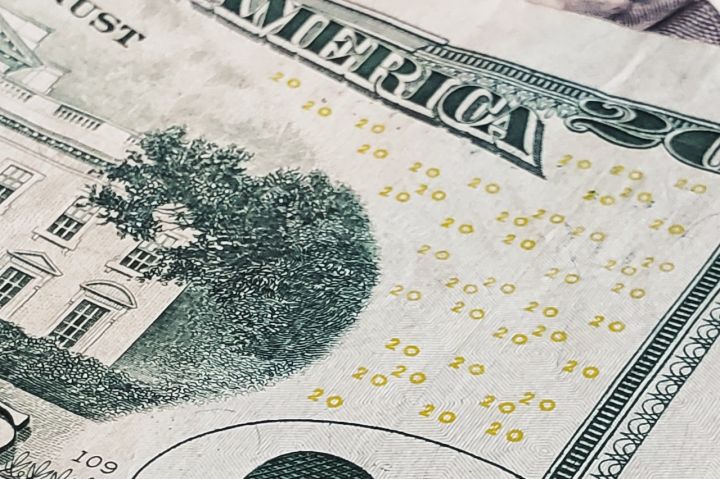Can current financial management and short-term financial management lose money, what risk is there
Current finance generally refers to the financial liquidity is bigger, is generally not close period, in finance, some finance belongs to a current, can be taken at any time, at any time, and some money there is a time limit, such as a month of money, on a regular basis is a close period, need a month to take out, this belongs to the short-term financing, So can you lose money with this kind of management? What are the risks?
Solve The Analysis of Top Characteristics K Line
The stock price in the band high, the daily fluctuations are more violent, the emergence of star-shaped small K-line, is the stock price rose to meet the performance of the bottleneck.
The Historical Development Trajectory Of The International Gold Market
The Historical Development Trajectory Of The International Gold Market
Must-Know Principles Of Stock Market Manipulation
The broader market out of the downward channel, the shares generally stop falling, the broader k-line pattern has come out of a good pattern, you can consider entering the market.
How To Select Stocks by Price and Volume
Only when K-line analysis is combined with volume analysis can we truly read the language of the market and gain insight into the subtleties of stock price changes.
Essential Skills For International Silver Investing
It is important for newcomers to the international silver market to choose a variety of silver investments.
Must know stock market bottom characteristics (version 2)
Personnel panic, call to consult incoherent, the scene customers extremely complained.
One Of Soros' Investment Secrets: A Unique Philosophical Outlook
In his early years, he was bent on becoming a philosopher, trying to solve the most fundamental of human propositions - existence. However, he soon came to the dramatic conclusion that the possibility of understanding the mysterious realm of life could hardly exist, because one must first be able to see oneself objectively, and the problem was that one could not do this.
Meaning And Characteristics Of The Money Market
The money market is a market in which financial assets with a maturity of less than one year are traded.
The Basics Of Bonds
Shares are part of the ownership of a company's property and the holder of the shares is the shareholder.














